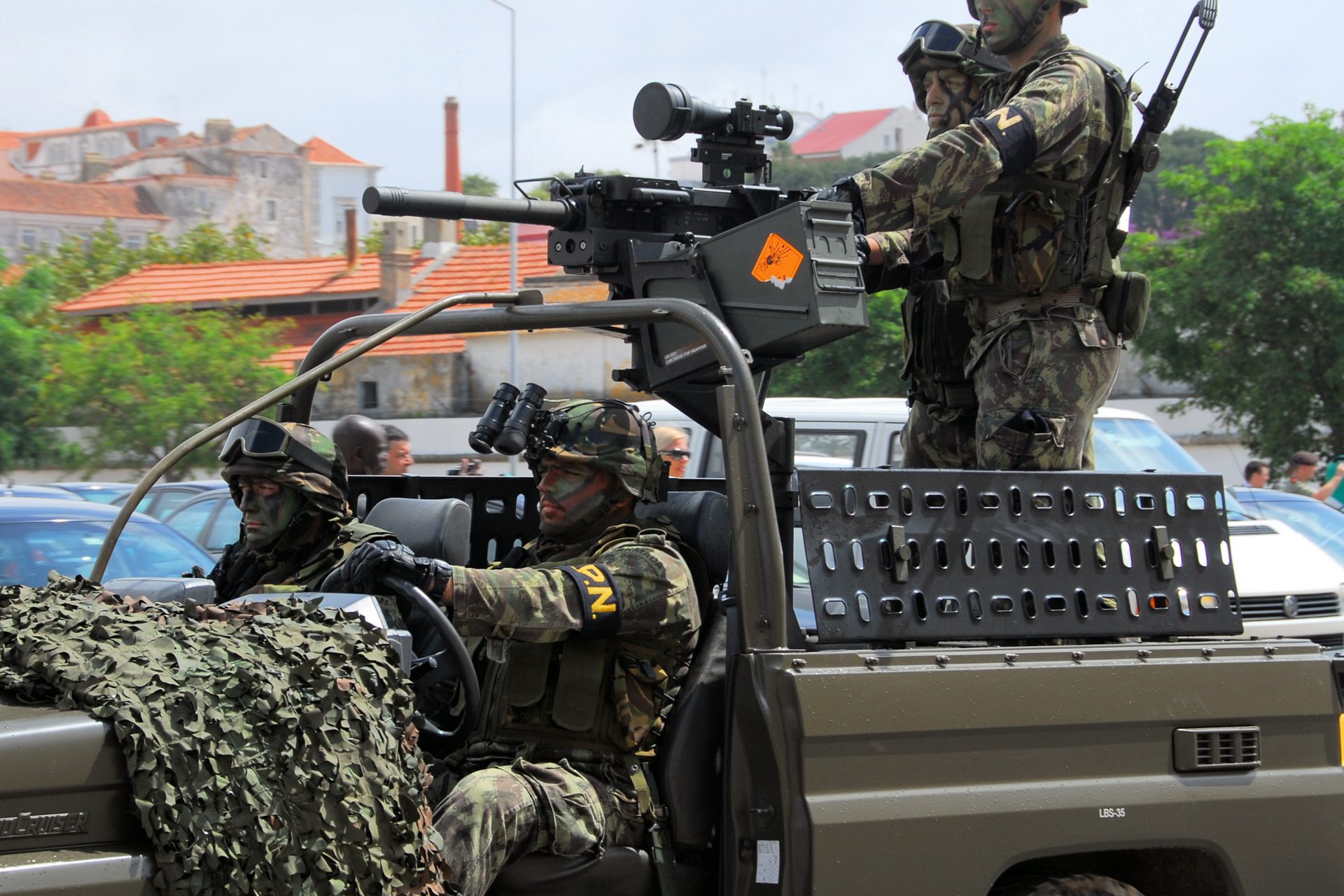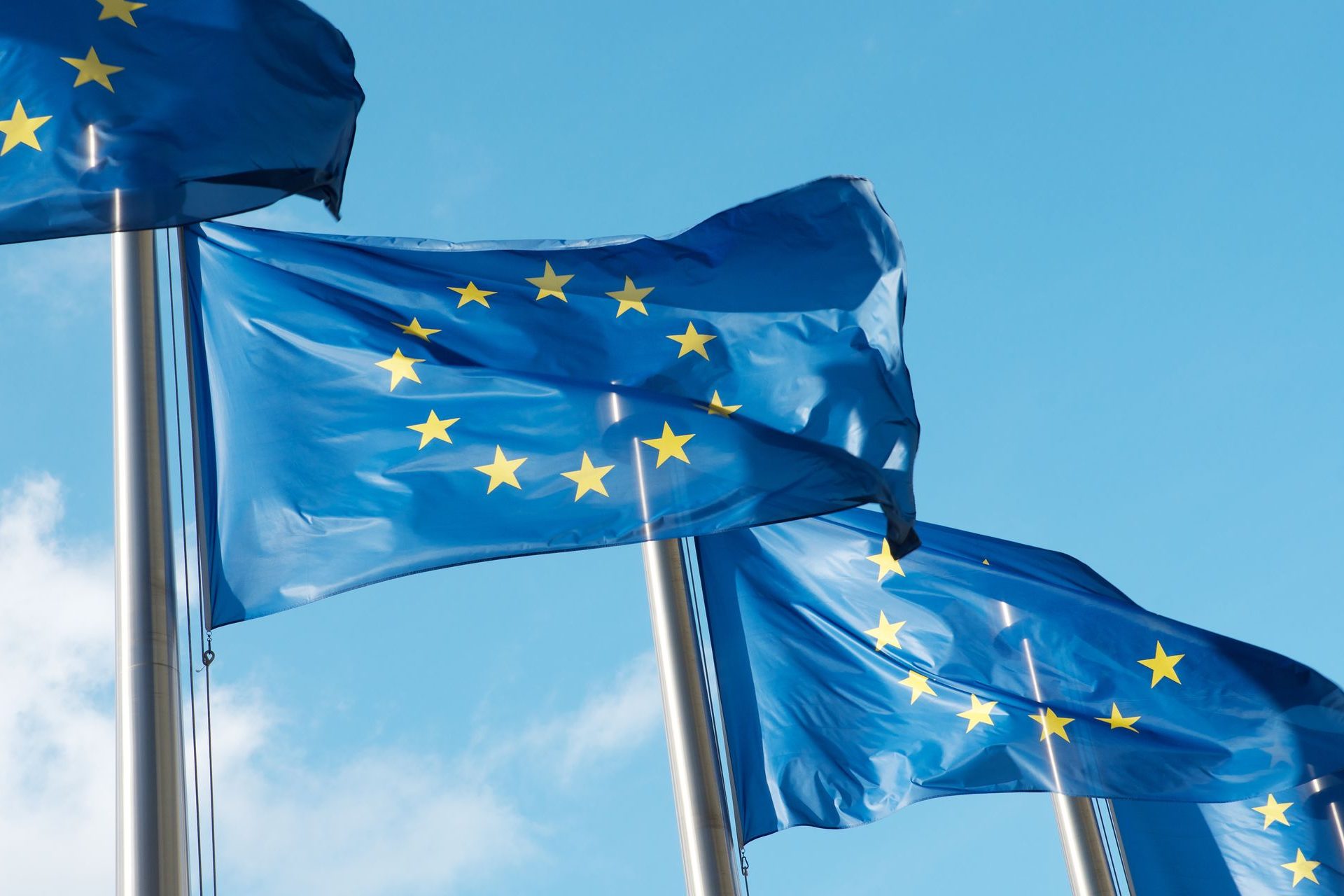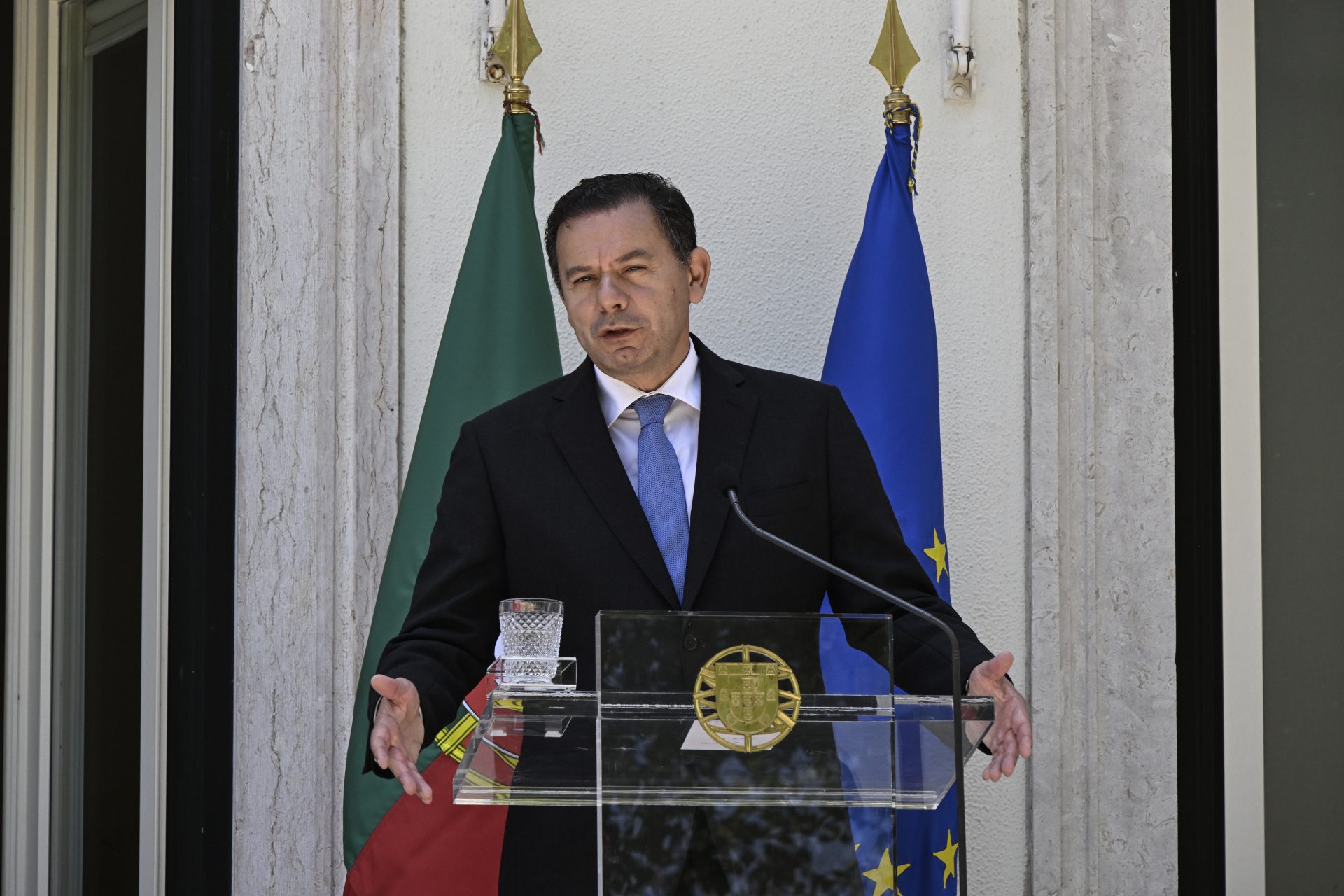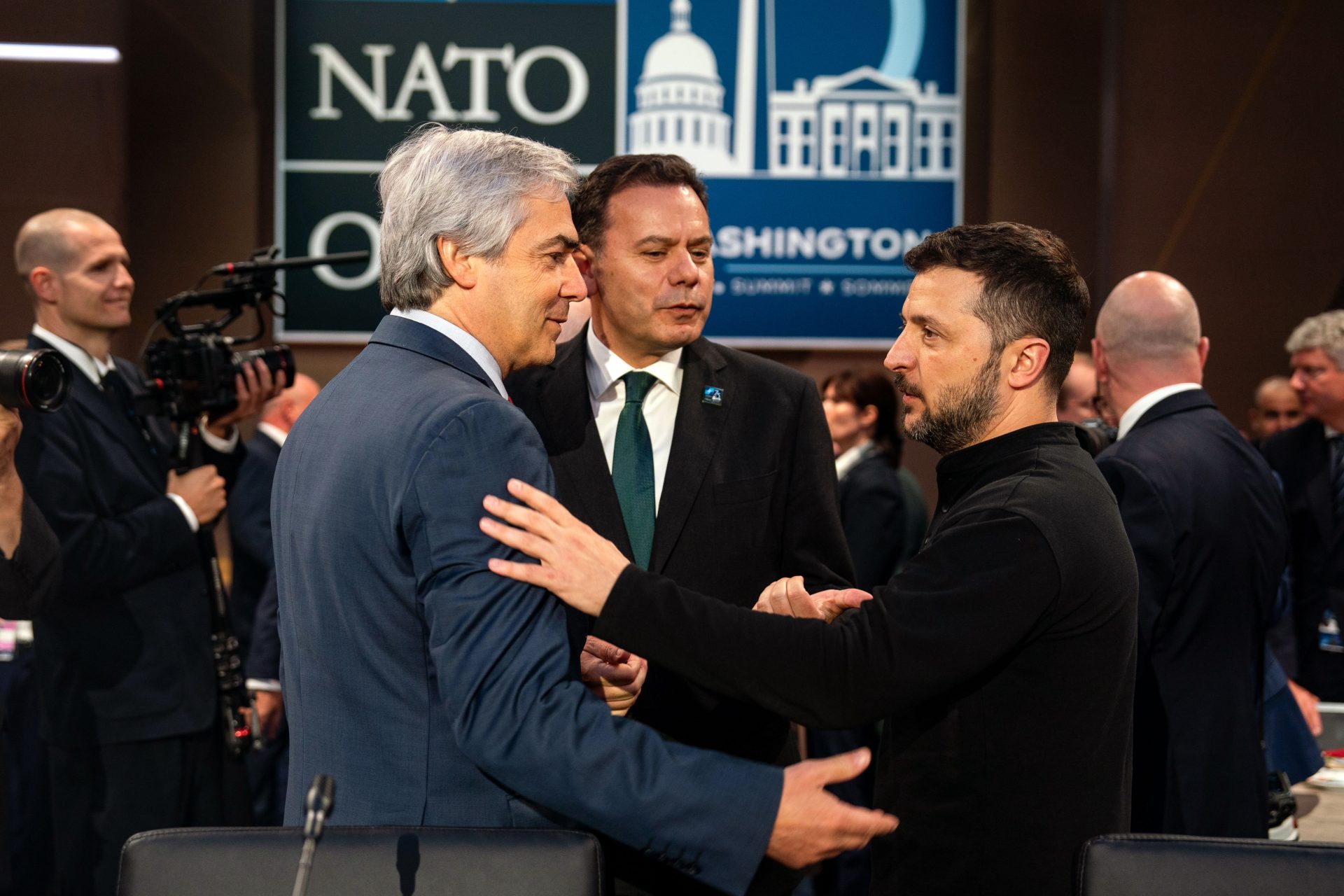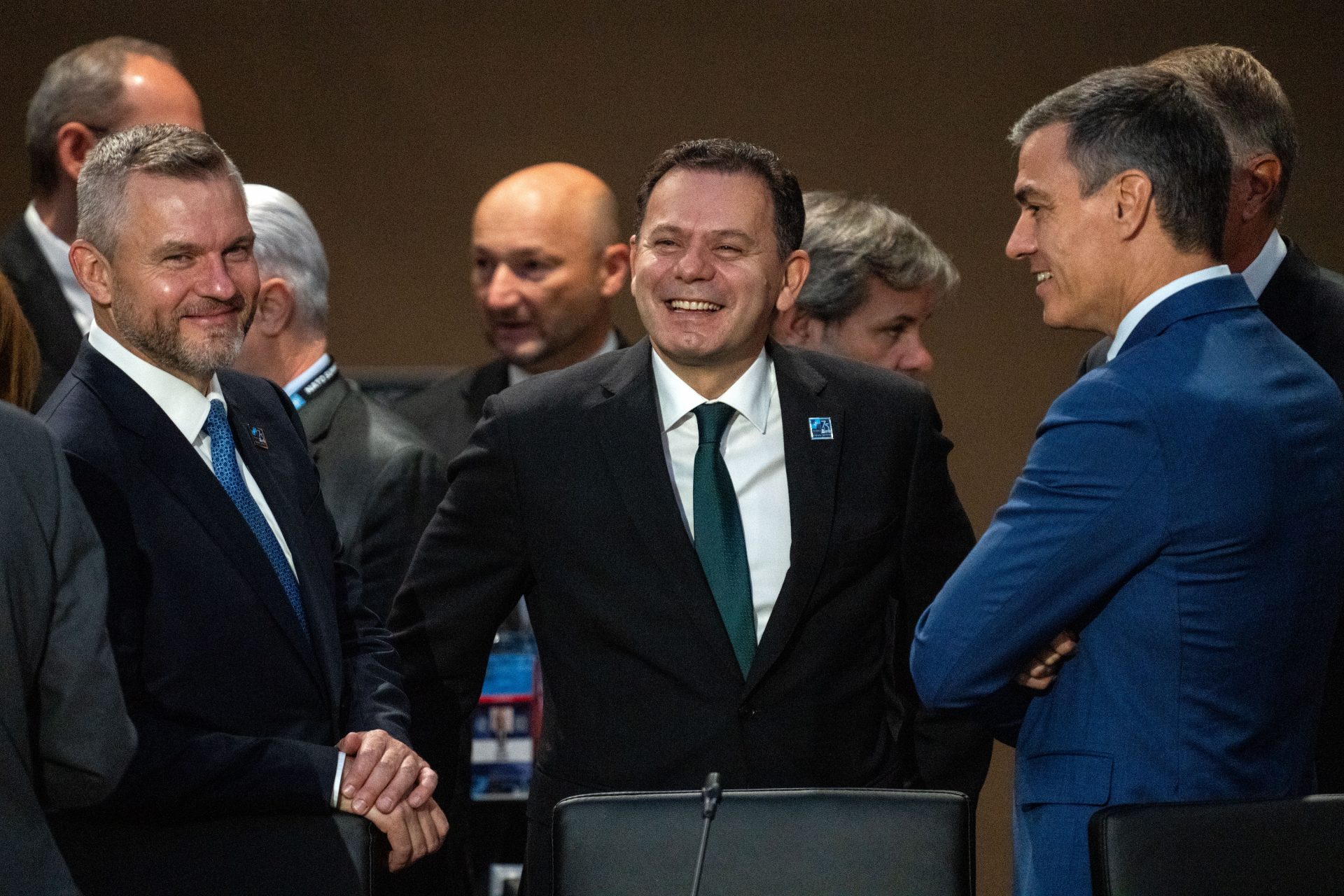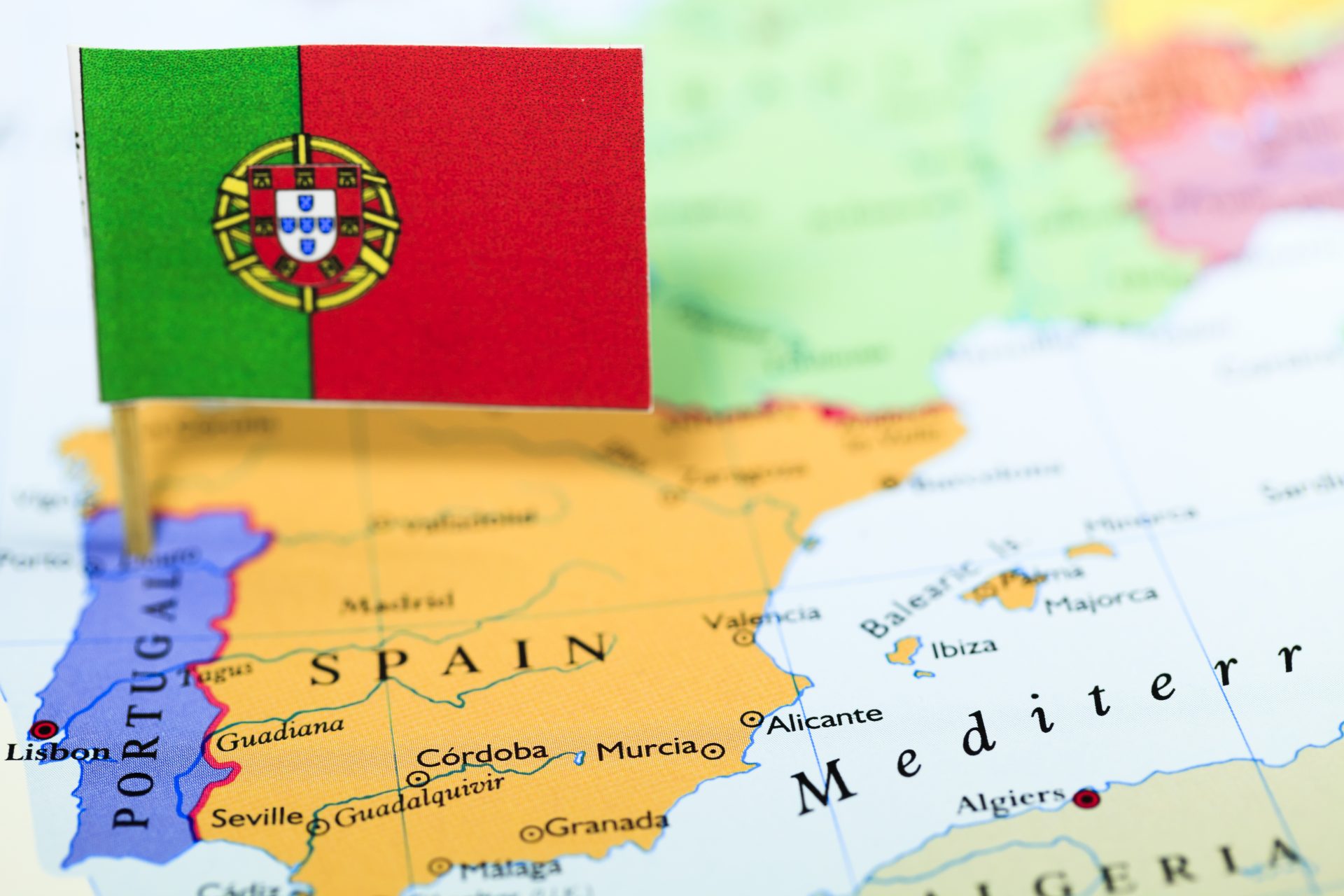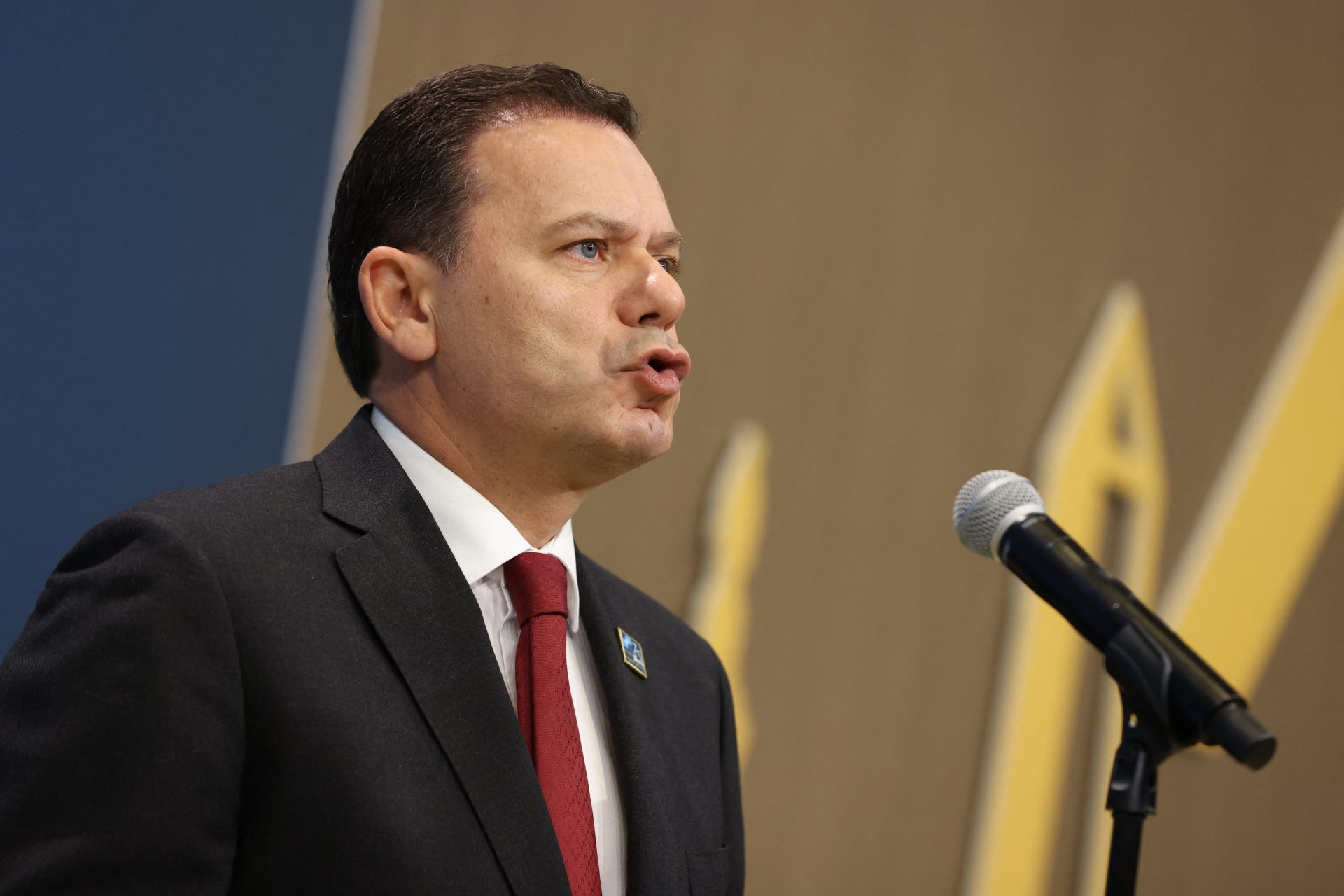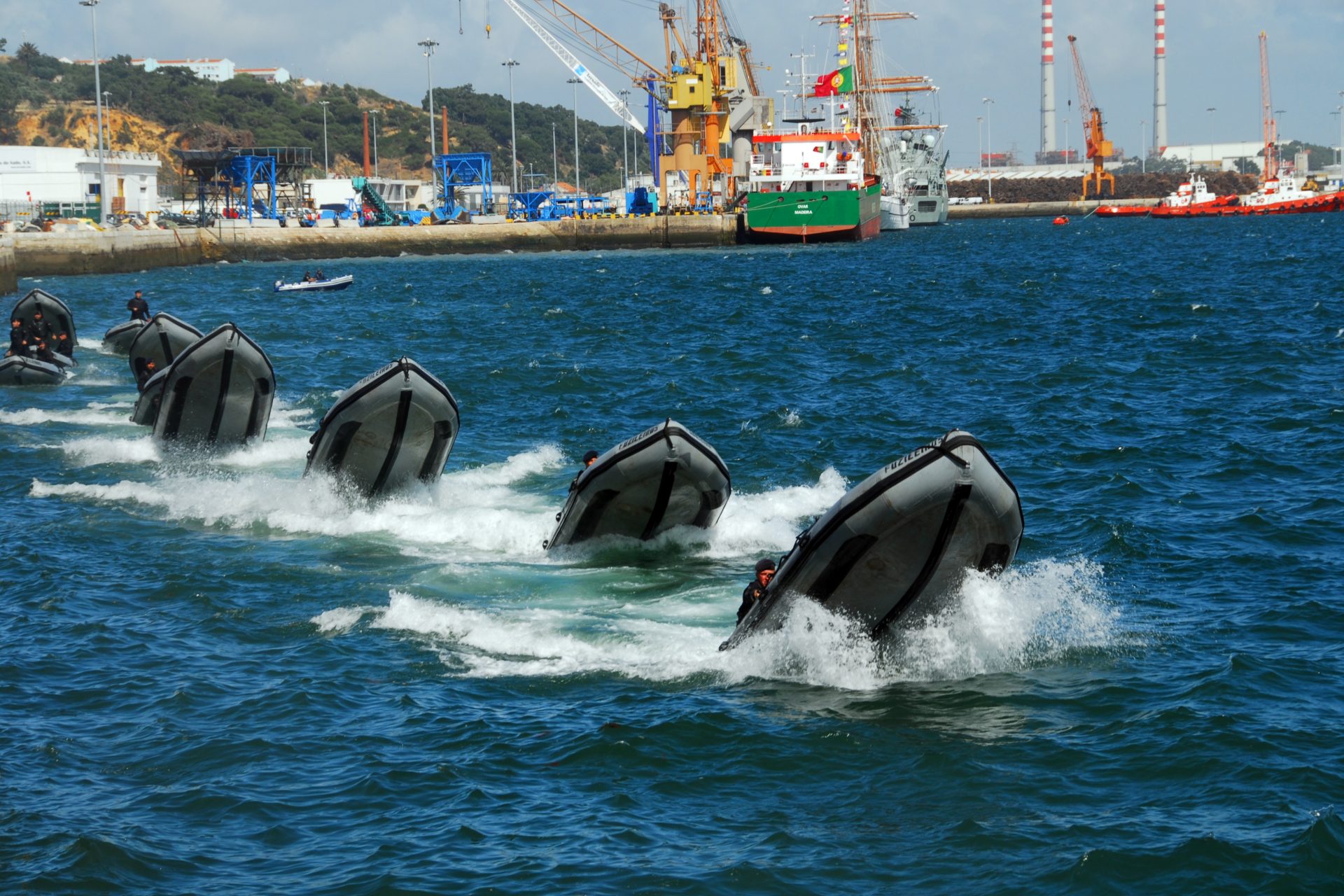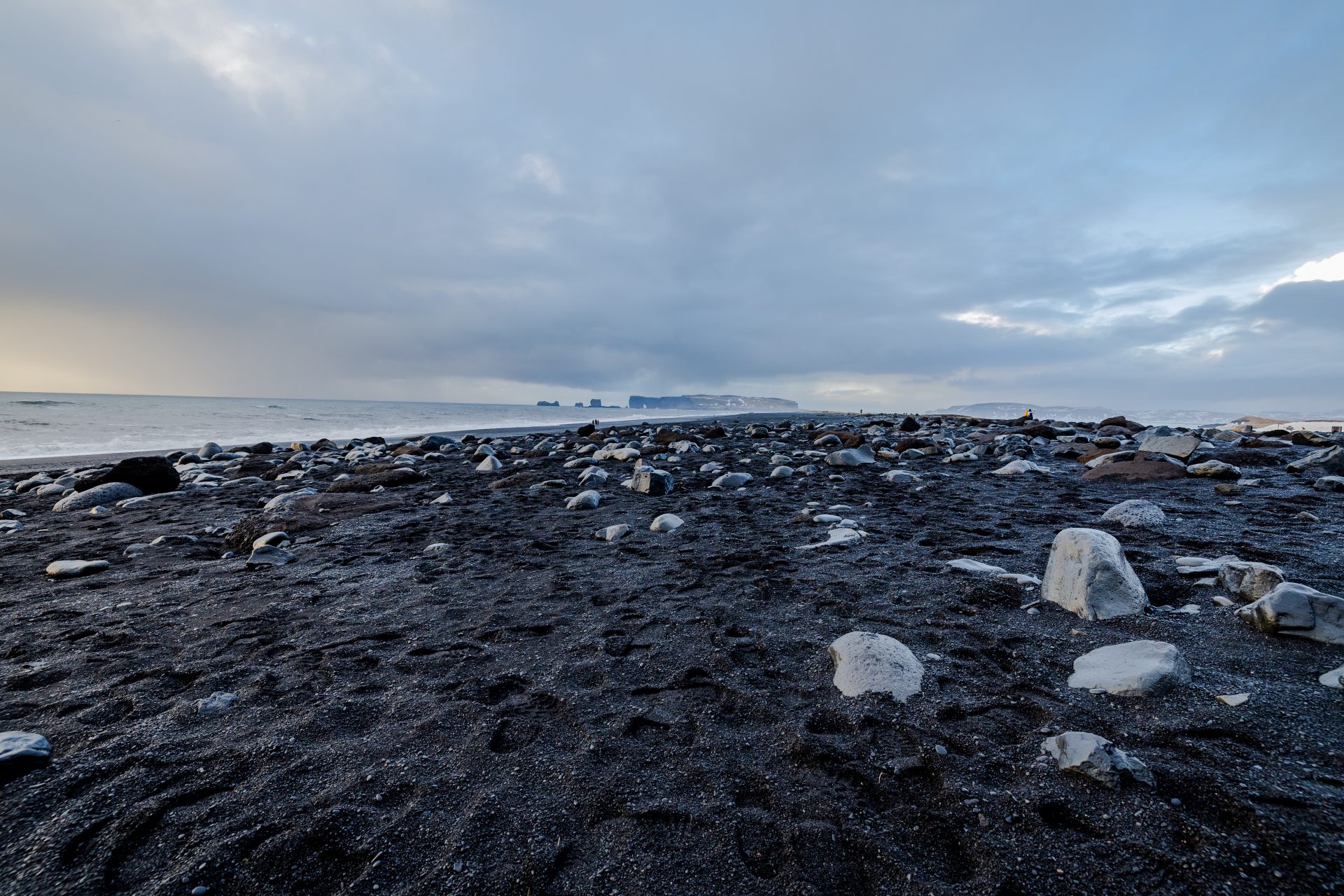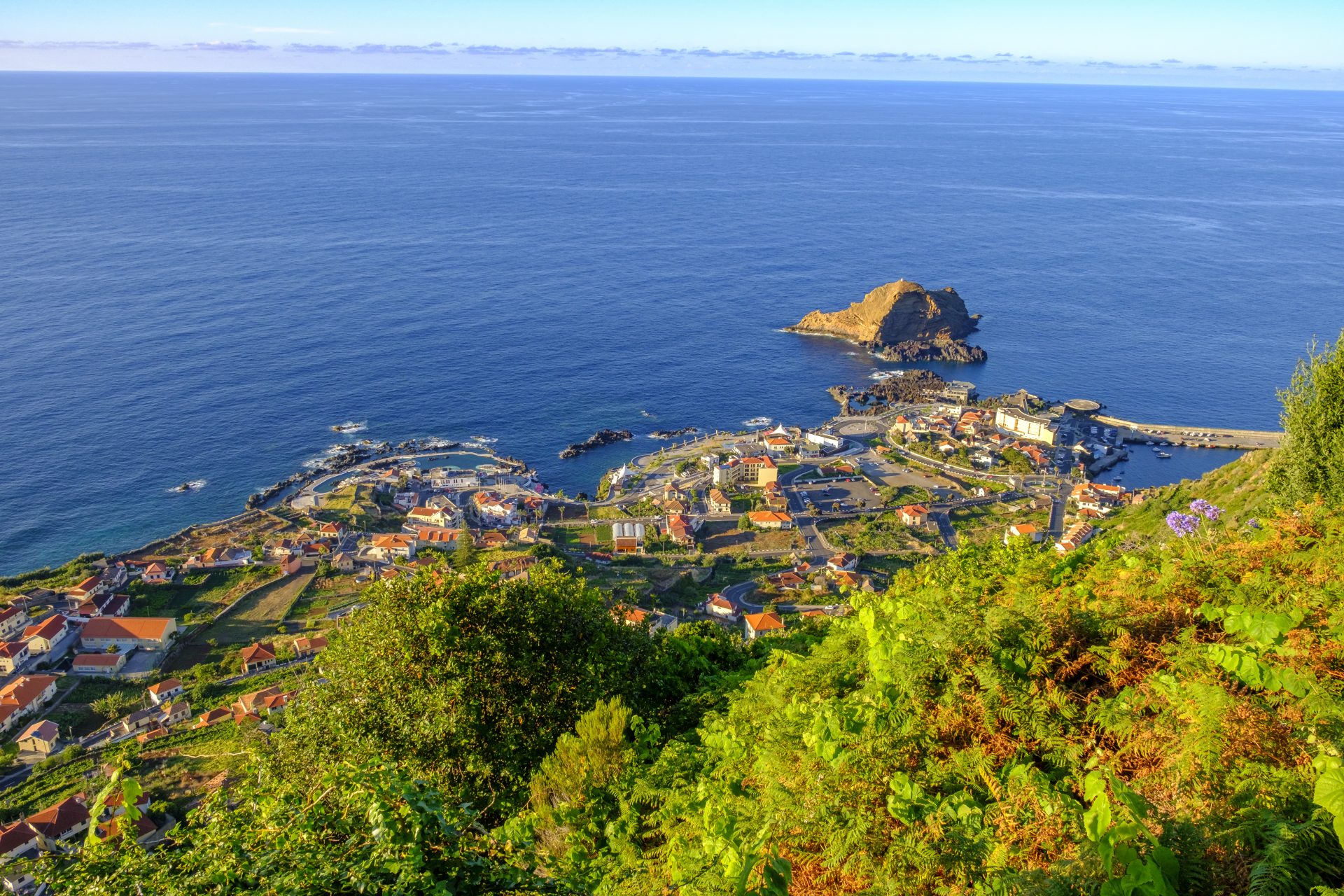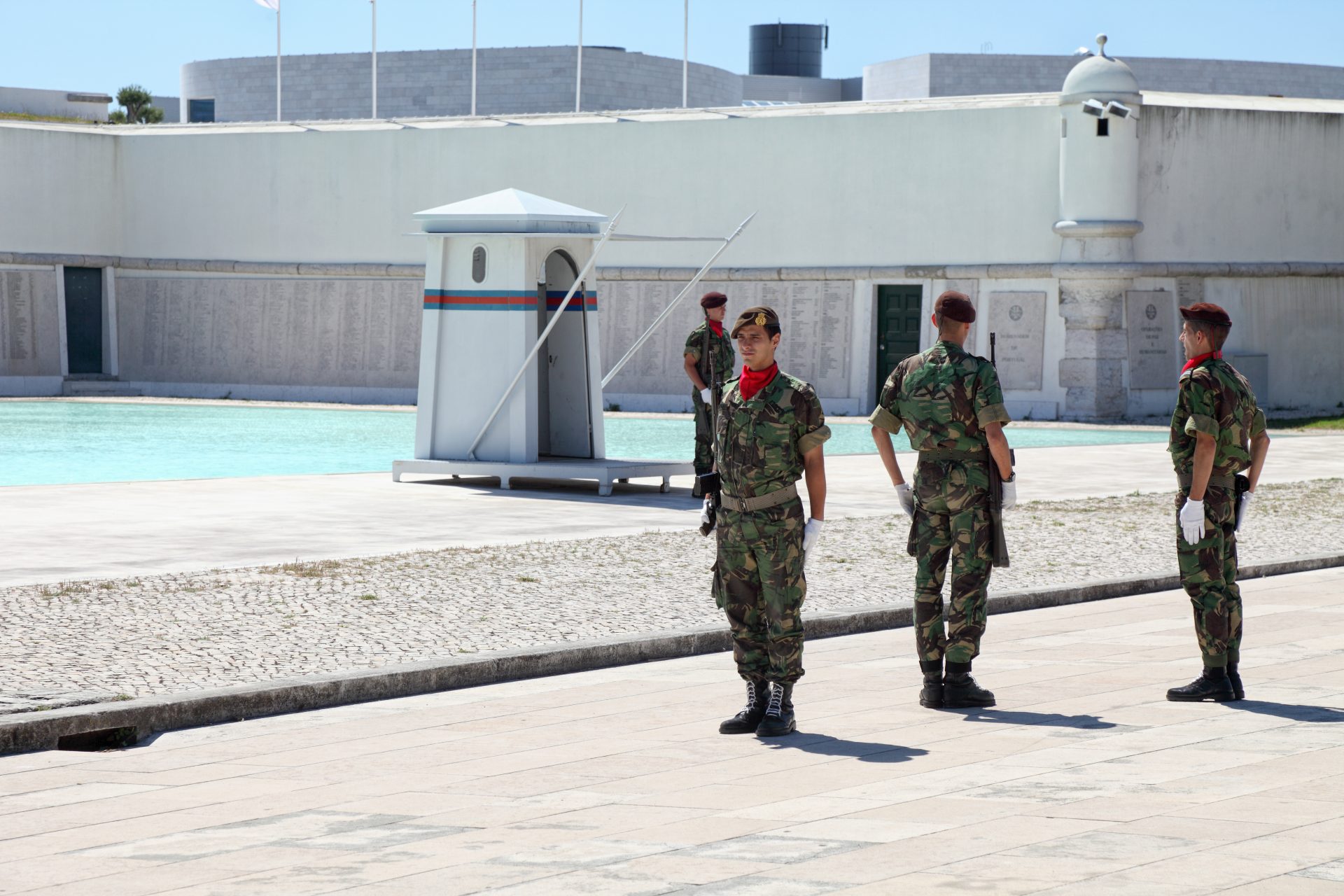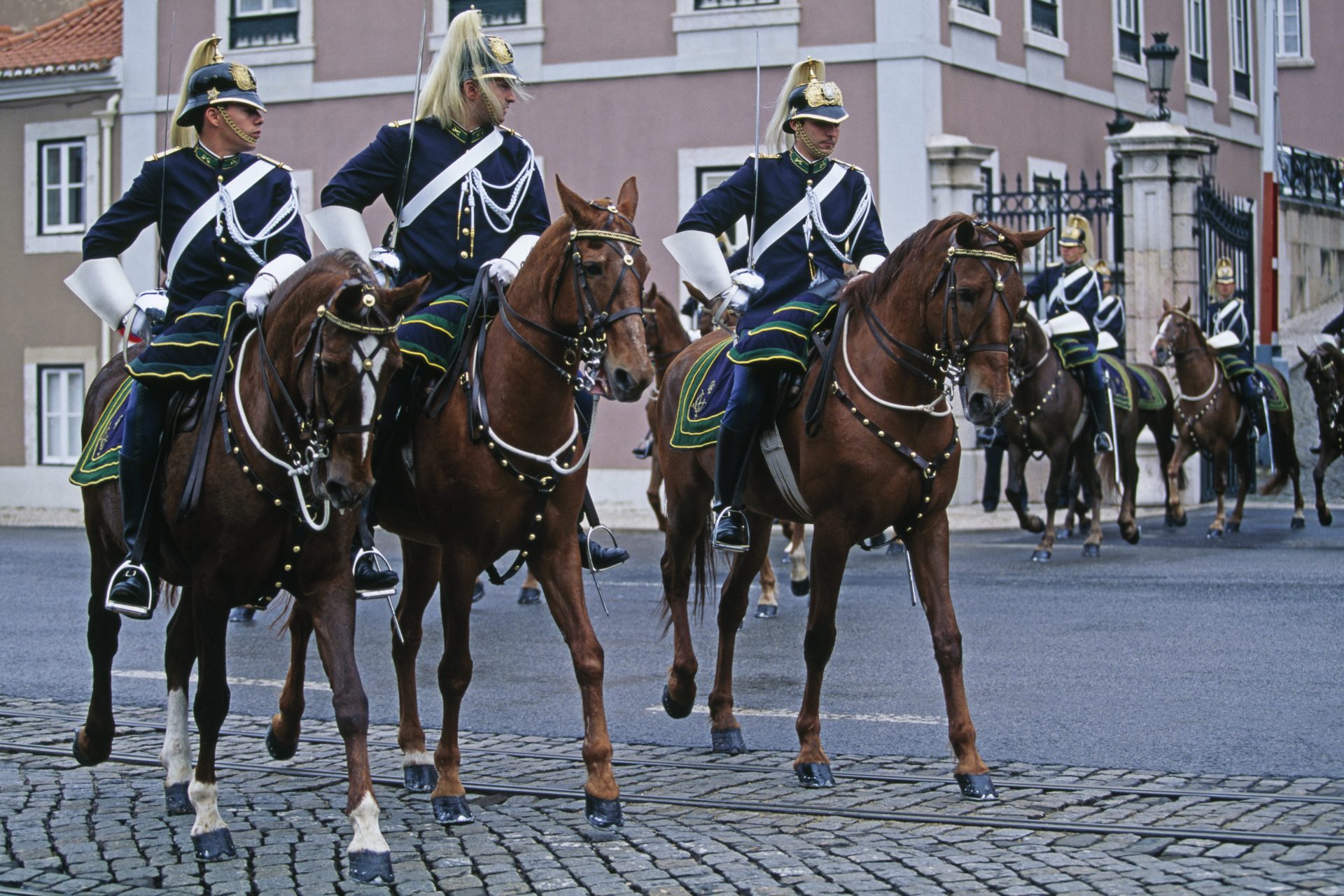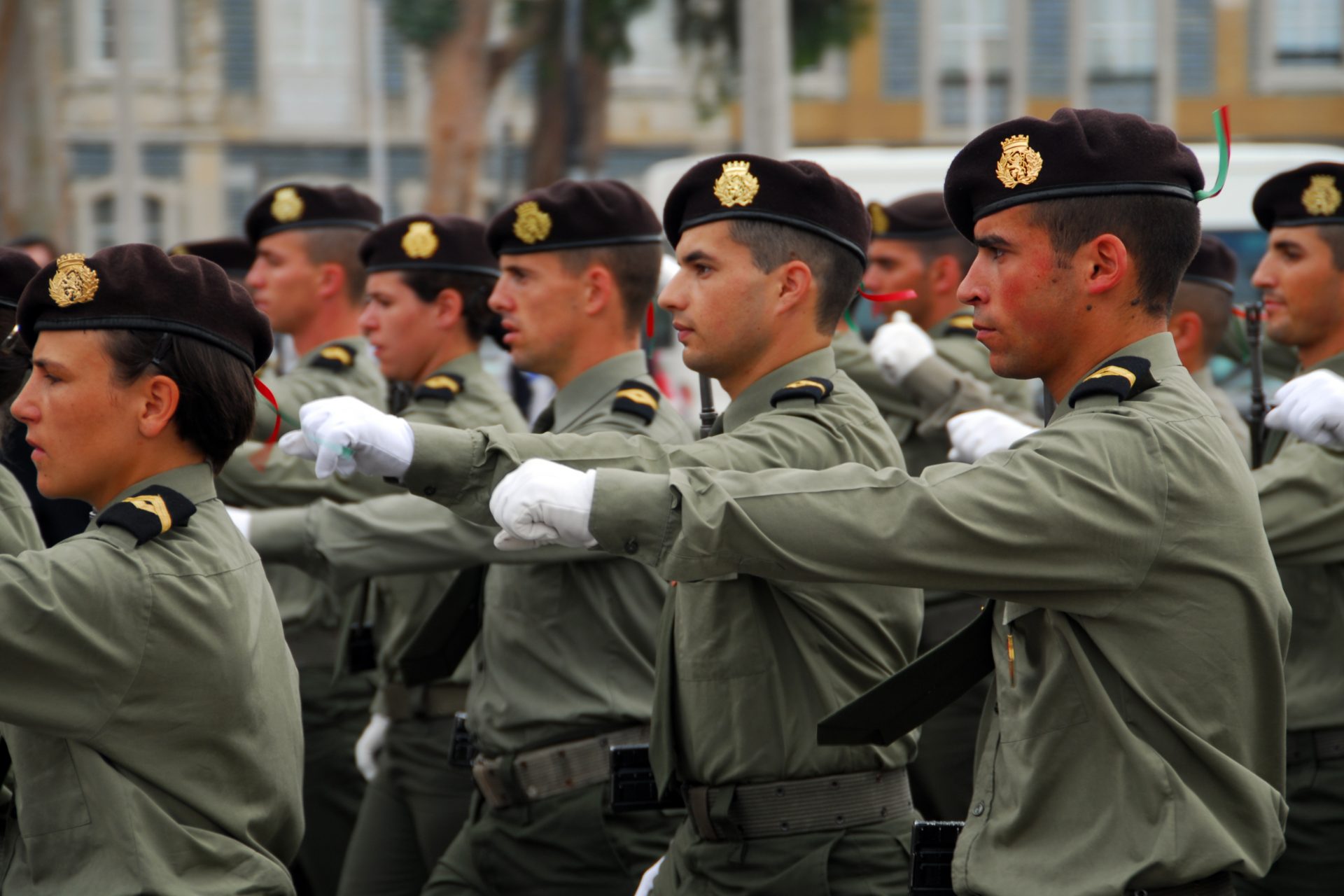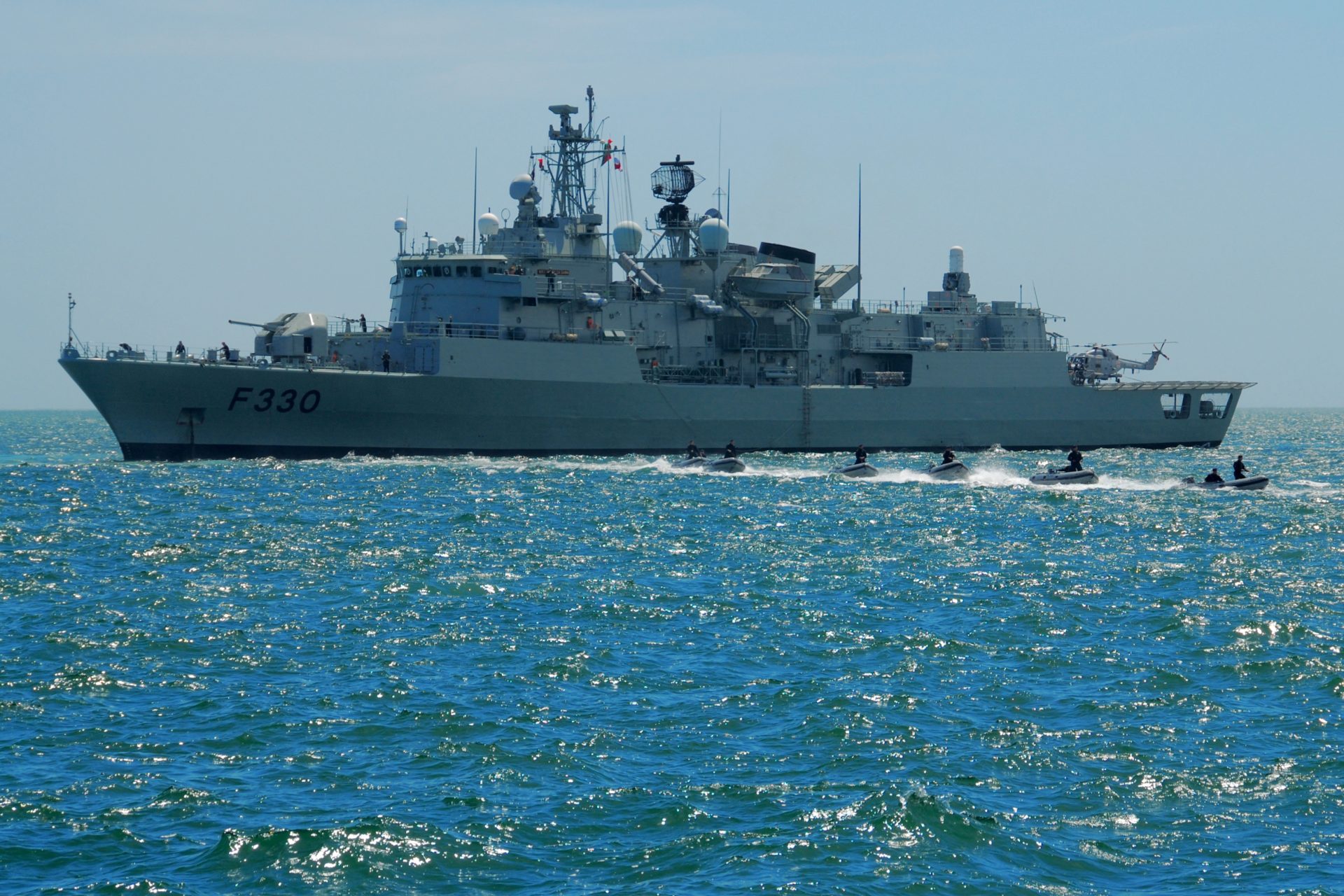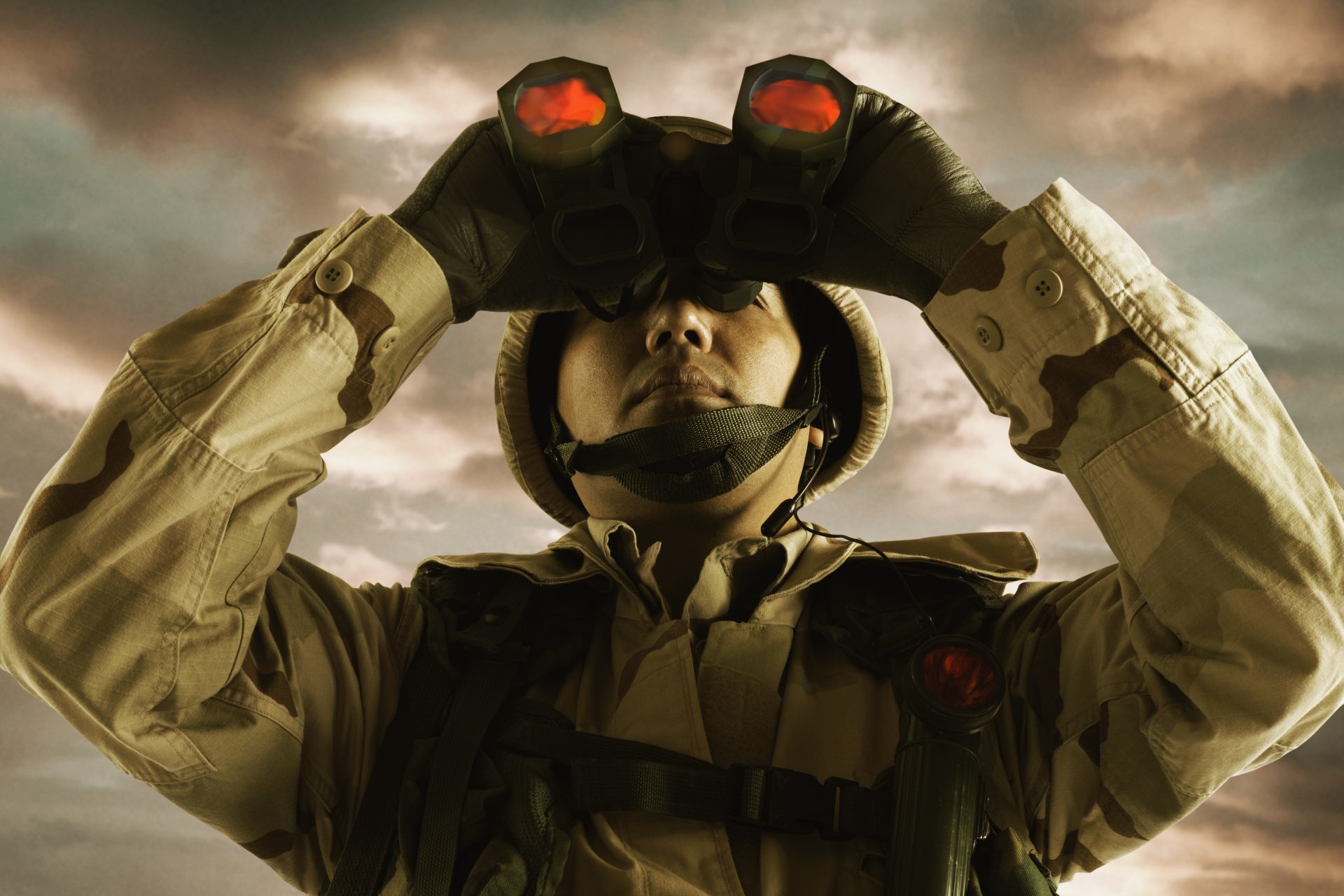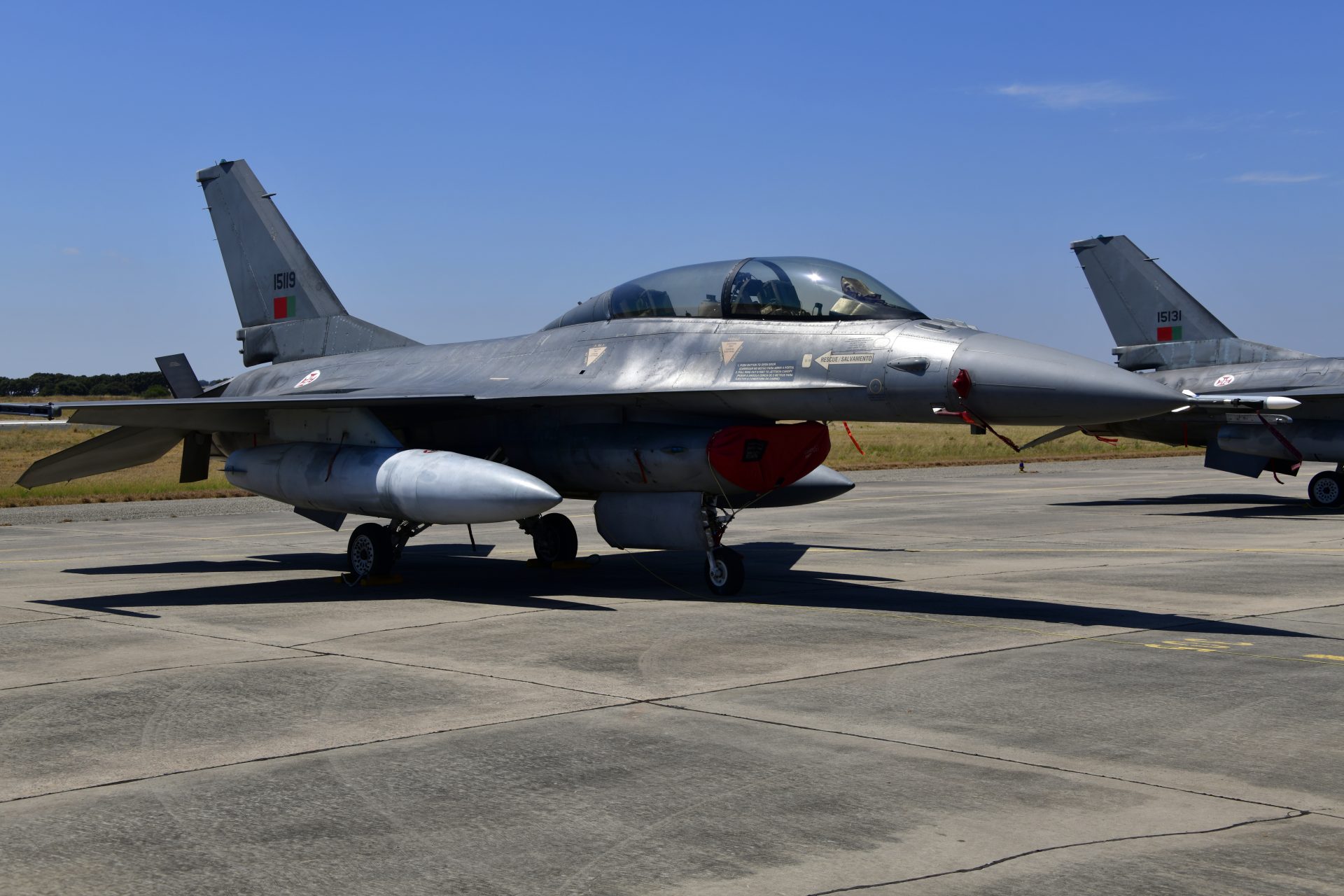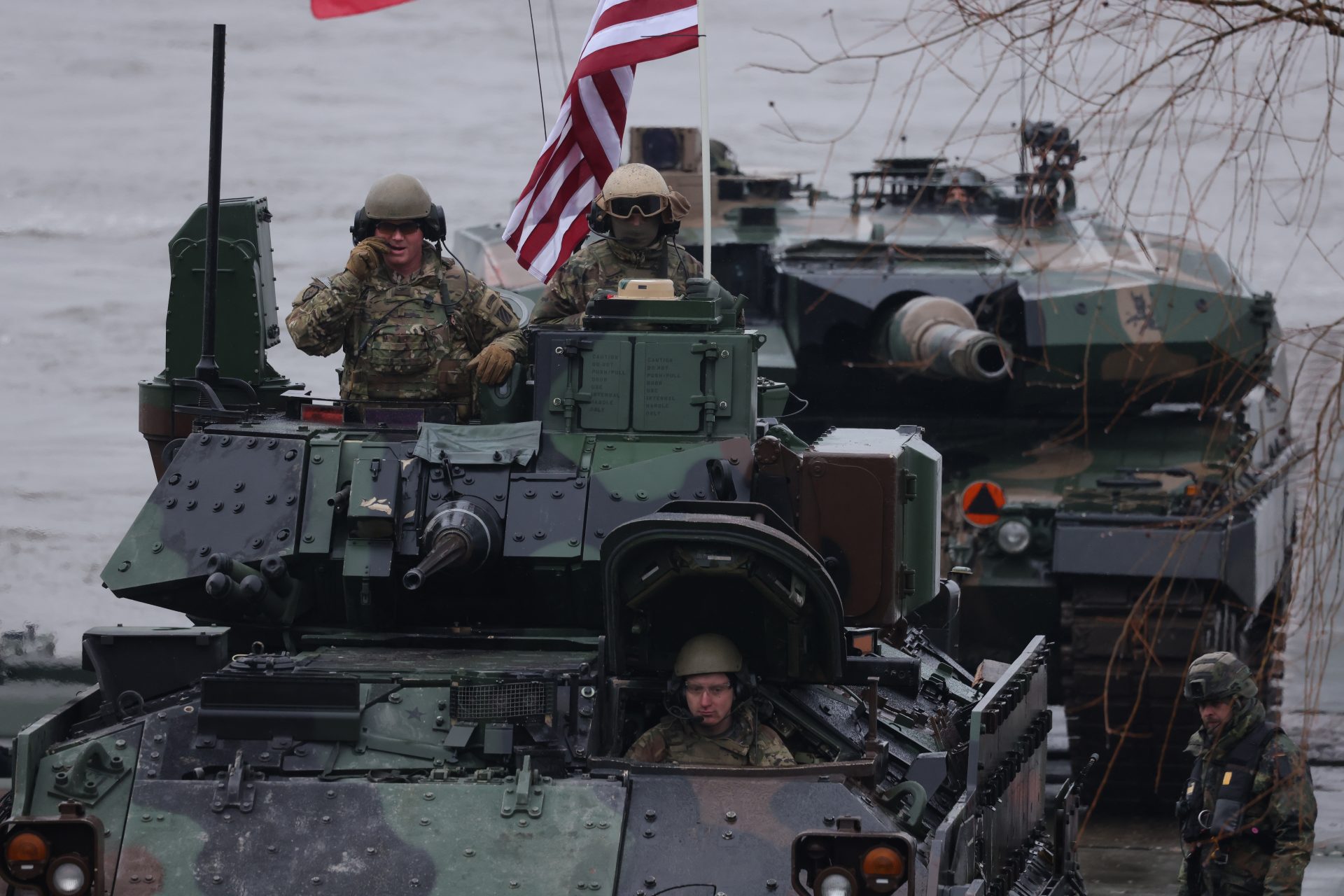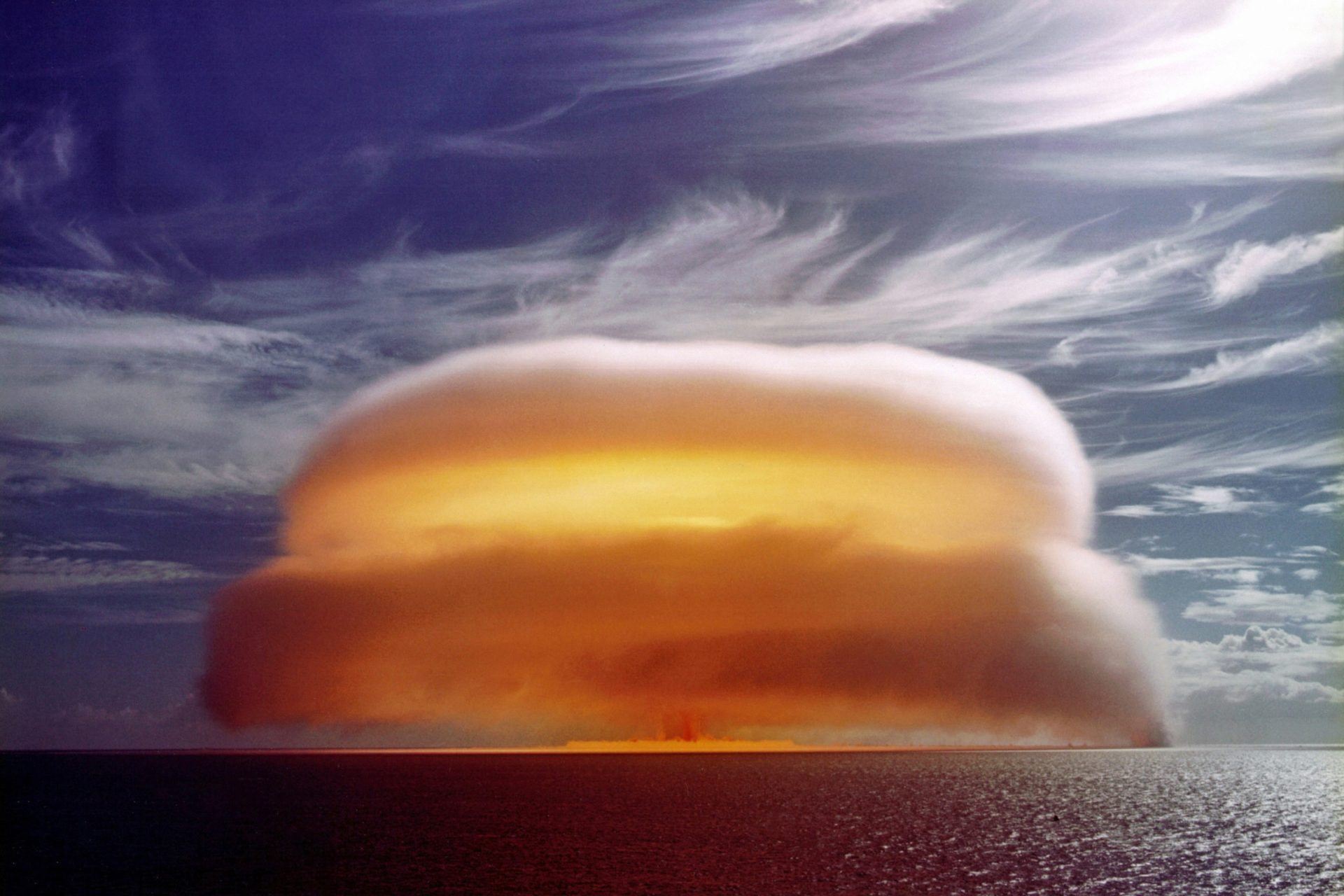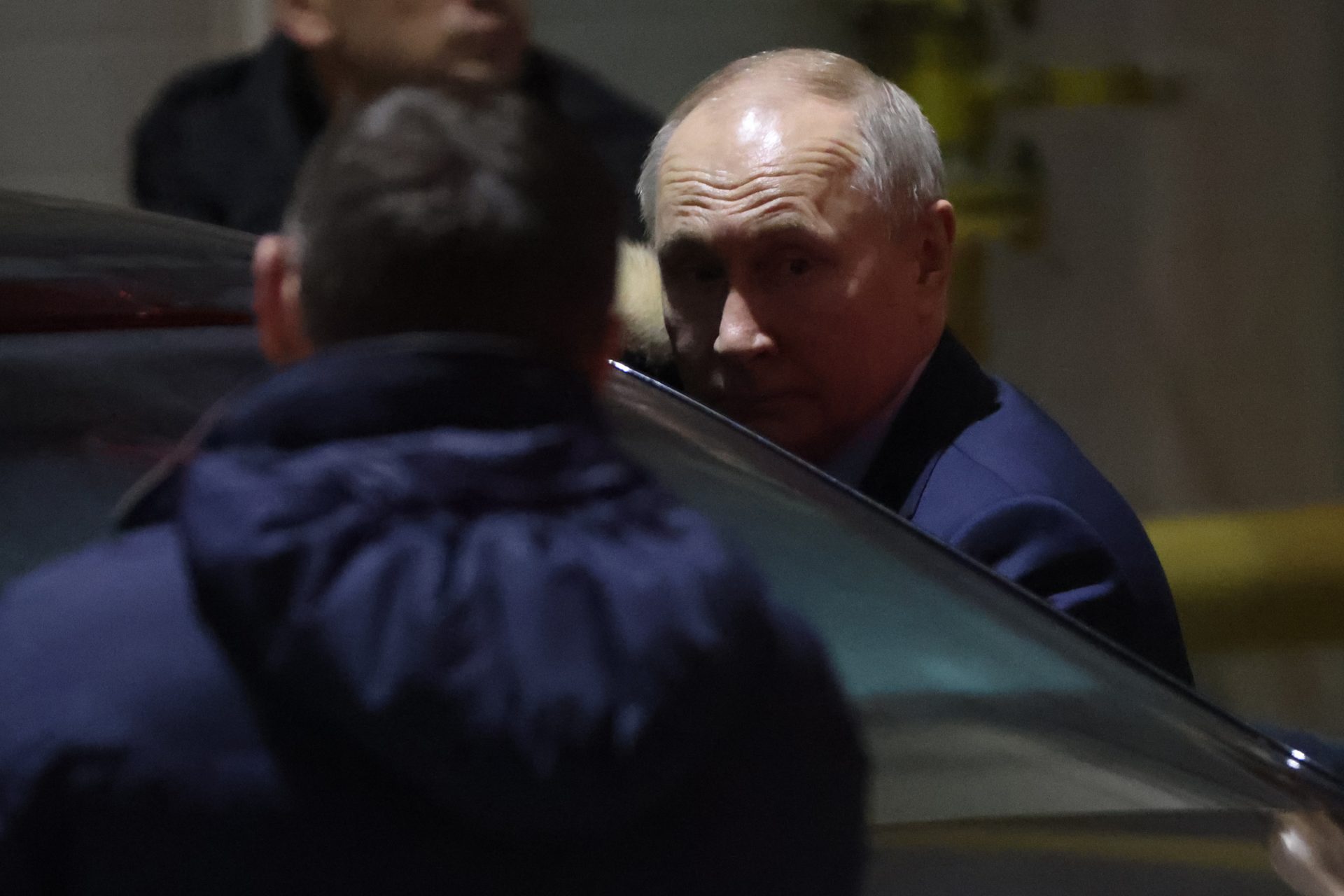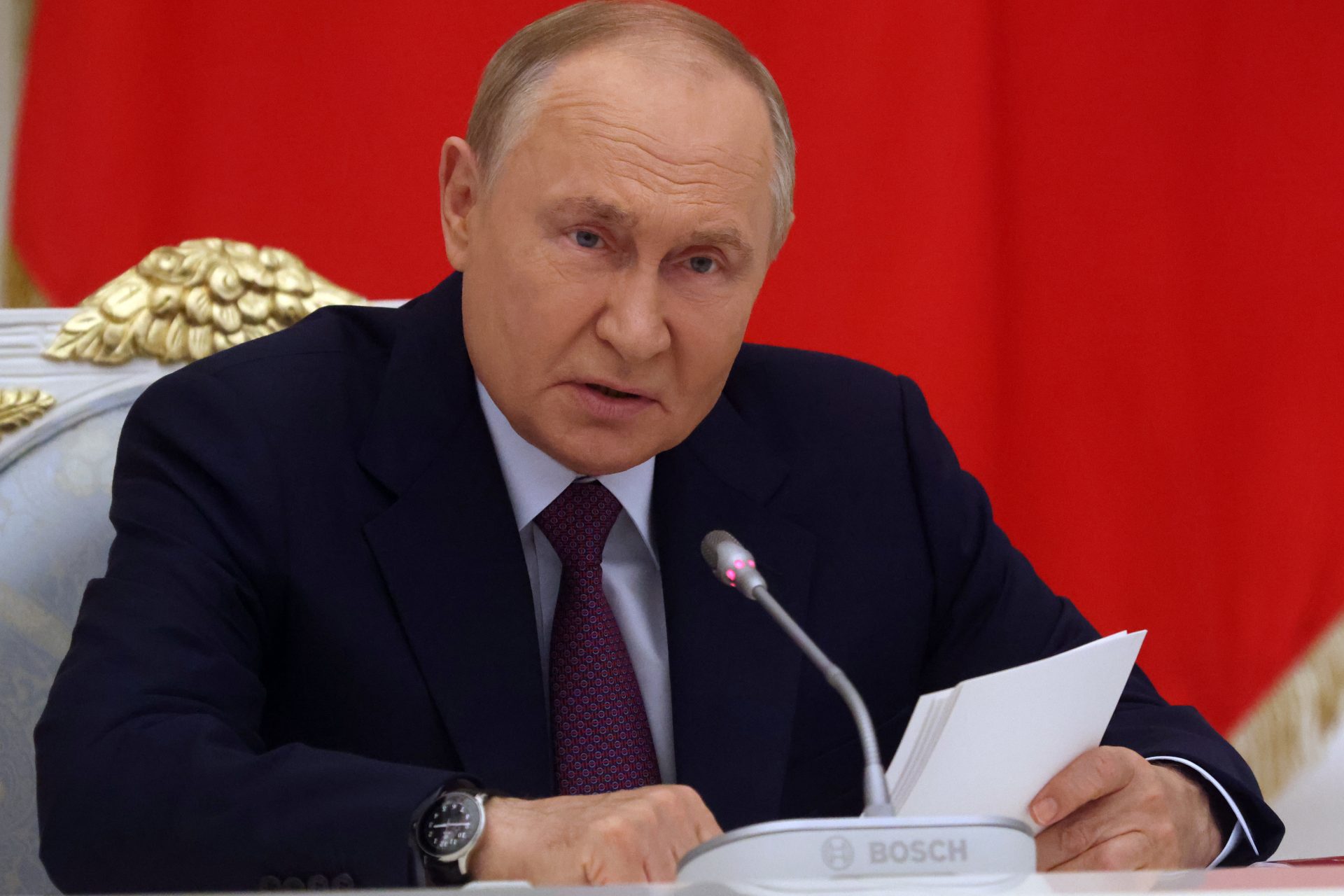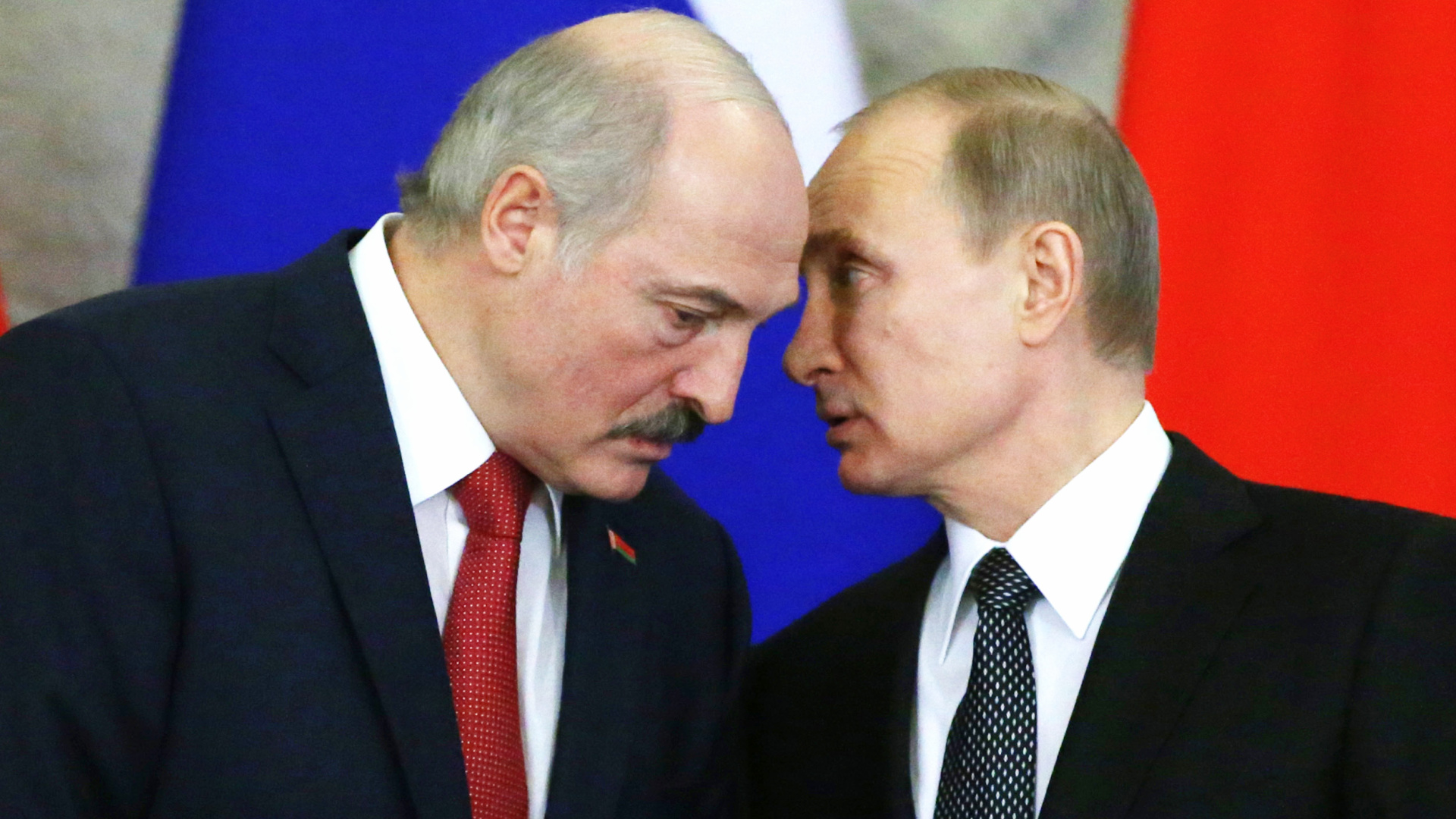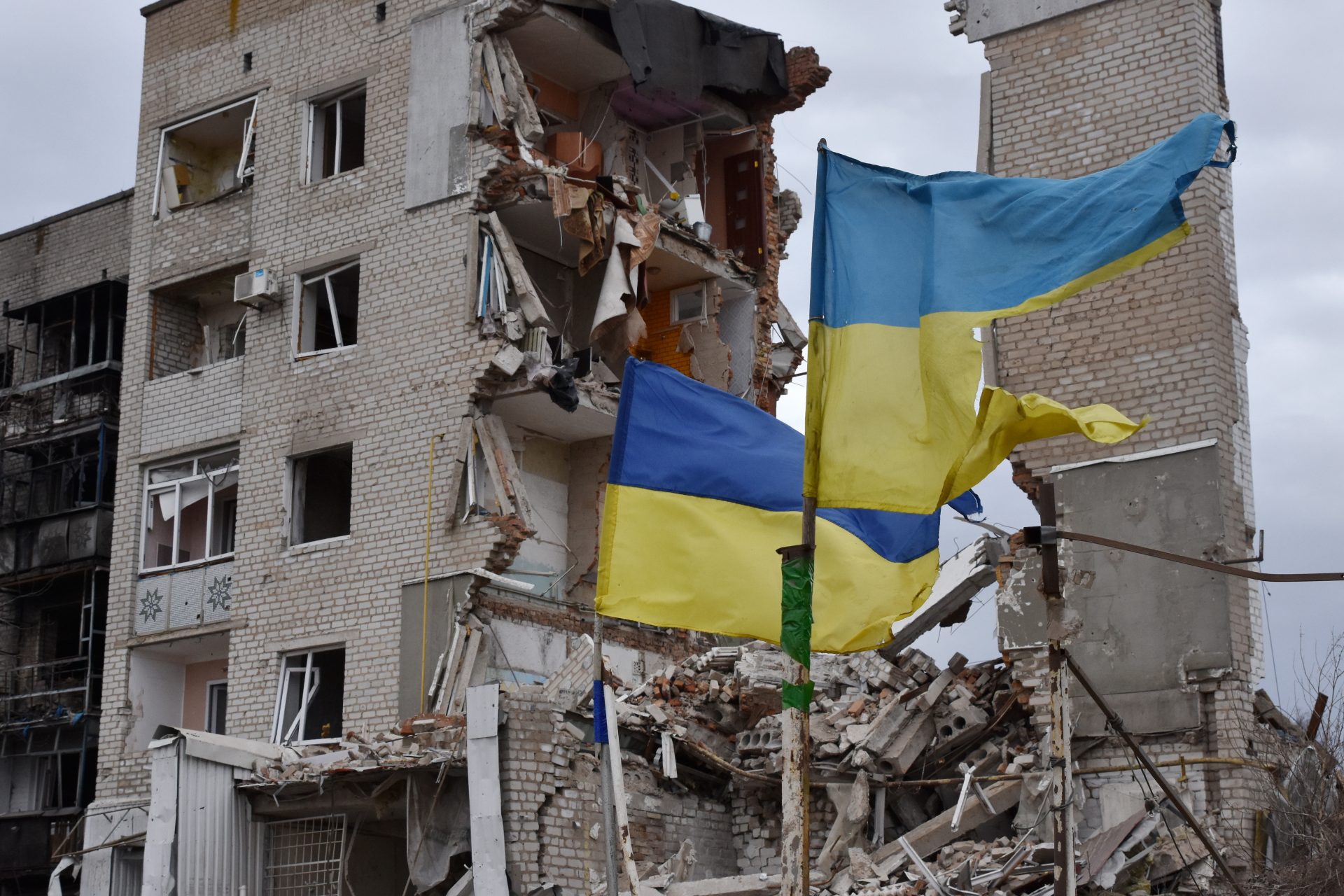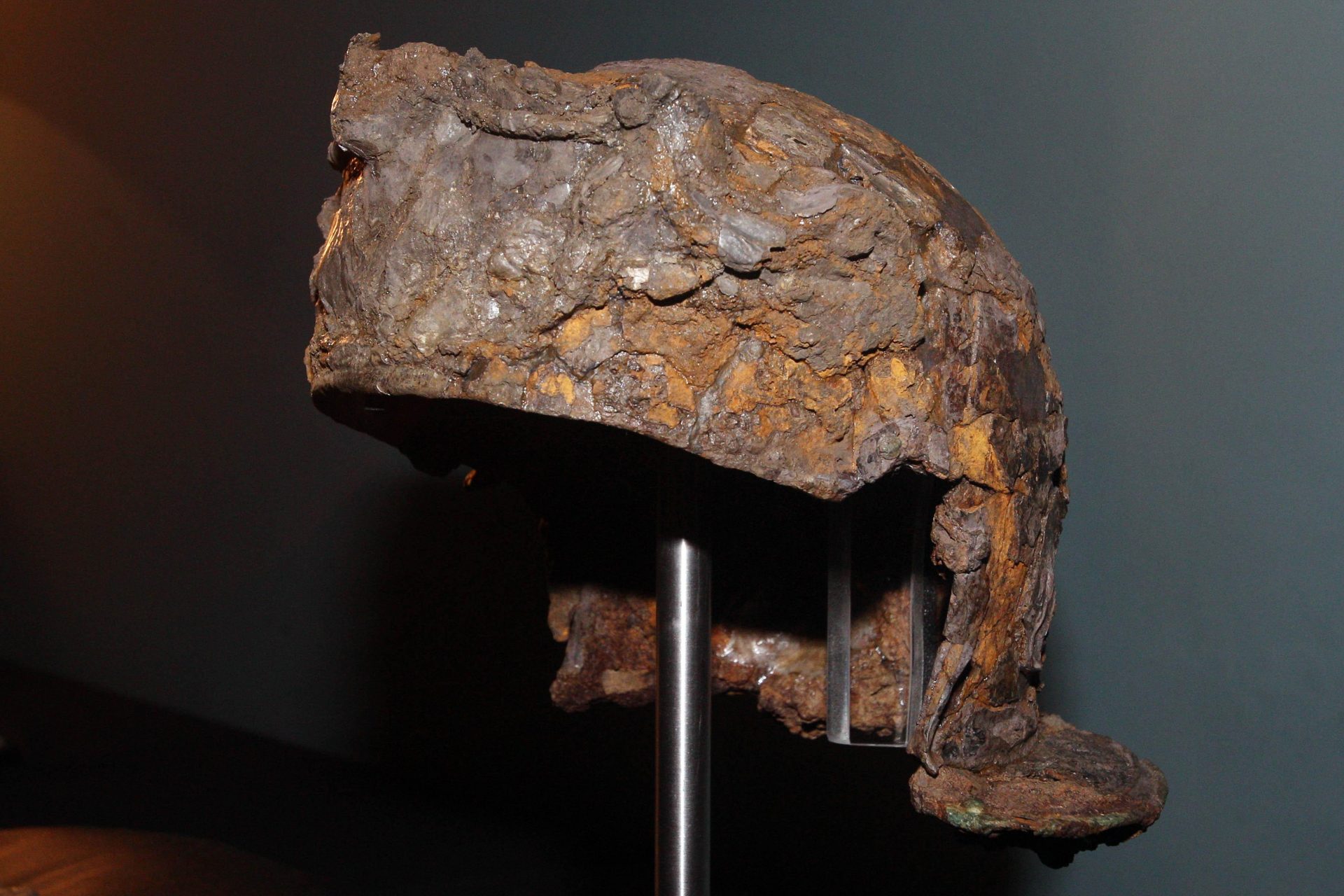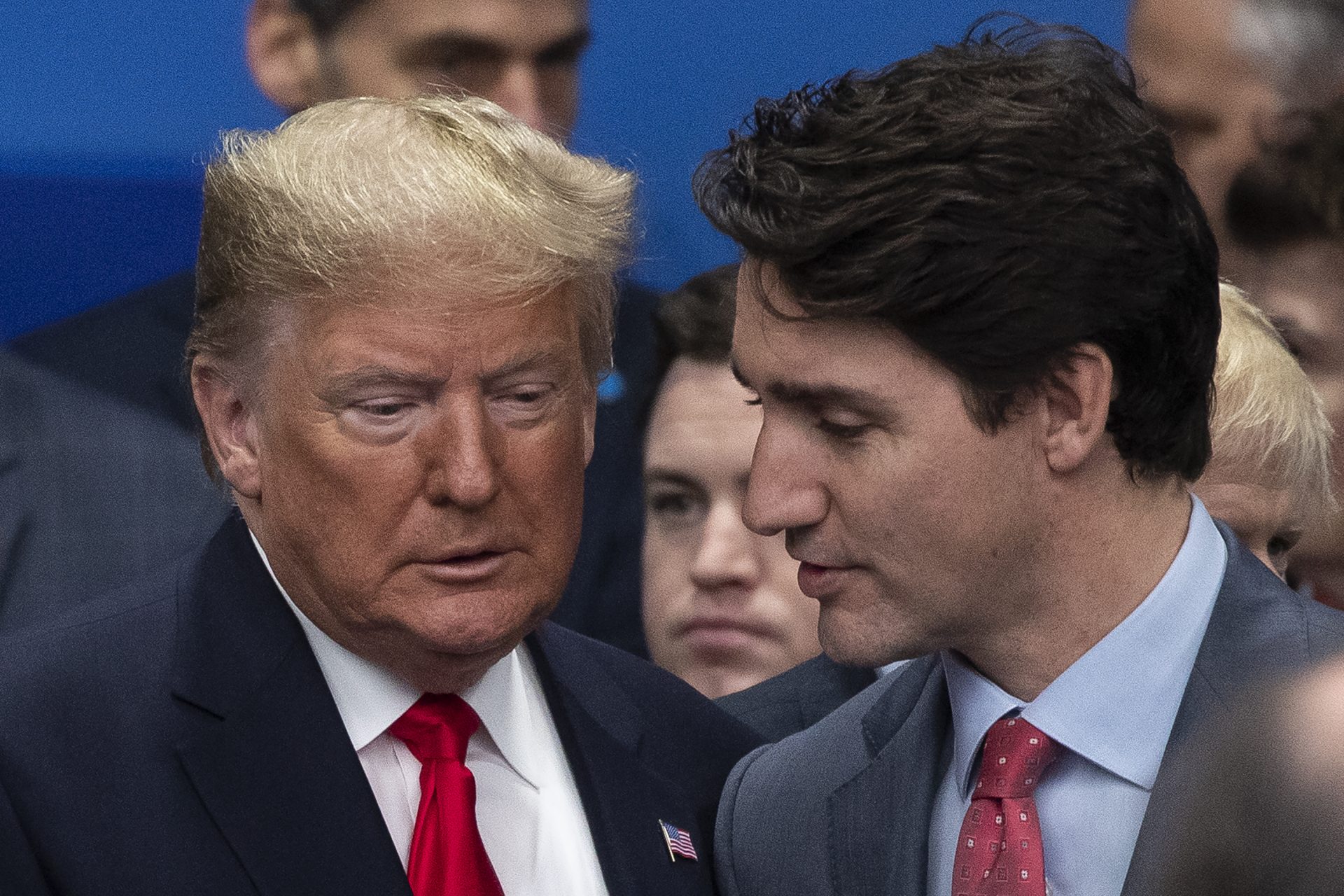Portuguese Power: What could the small state's armed forces bring to bear if the war in Ukraine escalates?
In the face of global political tensions, Portugal has reinforced its commitment to strengthening European security and defending Ukrainian sovereignty against Russia.
Portugal—which is a member of the North Atlantic Treaty Organization (NATO), a defensive military alliance that brings together 32 countries to defend European security—promised financial support to Ukraine of 221 million euros (roughly $240 dollars) in 2024.
The amount was announced by Prime Minister Luis Montenegro (pictured) during the NATO summit in July 2024, Euronews reported.
At the time, Montenegro recalled the military cooperation agreement signed with Ukraine in May 2024, during Ukrainian President Volodymyr Zelensky's visit to Portugal.
Montenegro also explained that there Portugal made an agreement with President Zelensky so that a large part of Portuguese financial support would be invested in the acquisition of materials produced by the Portuguese industry, which would not only strengthen the partnership between the two countries.
Located on the western edge of Europe, Portugal, which has a direct connection to the Atlantic Ocean, acts as a crucial gateway for trade routes and maritime security in both the Mediterranean Sea and the Atlantic Ocean.
In 2023, Portugal ranked 7th in the Global Peace Index, after reaching 2nd place in 2020.
Despite the fall in Portugal's peace index rating, the country is not subject to any significant threats to its national security. That was at least until Vladimir Putin ordered the full-scale invasion of Ukraine in 2022.
Recently, regular monitoring missions of Russian shipping along the Portuguese coast, as well as its exclusive economic zone, have become frequent for Portugal.
Regarding its role as a NATO member, the Portuguese Armed Forces have participated in air policing operations in Iceland and the Baltic States, in addition to having a reinforced presence in Romania.
The Portuguese Armed Forces are distributed throughout the territory, including the mainland and the archipelagos of the Azores and Madeira.
However, the largest concentration of military personnel is in the Lisbon Metropolitan Area and in the Médio Tejo.
Portugal abolished compulsory military service in peacetime in November 2004, maintaining only participation in National Defence Day for Portuguese citizens upon turning 18.
Since 2024, the Armed Forces have been composed exclusively of professional military personnel, who serve both on a permanent basis and under contract or via volunteer status.
The Portuguese Navy is made up of around 8,000 military personnel, including 1,500 marines. Liusbon's fleet includes around 40 vessels, which includes a variety of naval vessels like frigates, submarines, and patrol vessels, as well as five helicopters and around 50 auxiliary units.
The Portuguese Army has around 14,000 soldiers. Its arsenal includes 37 Leopard 2A6 main battle tanks, around 500 armored personnel carriers, 200 light tactical vehicles, 80 field artillery howitzers, as well as various engineering, transmission, and service equipment.
The most recent branch of the Portuguese military is the country's Air Force. It has around 6,000 soldiers and approximately 100 aircraft. Its arsenal includes fighter planes (F-16), maritime patrol, transport, training, helicopters, drones (UAV) and gliders.
Never miss a story! Click here to follow The Daily Digest.
More for you
Top Stories



